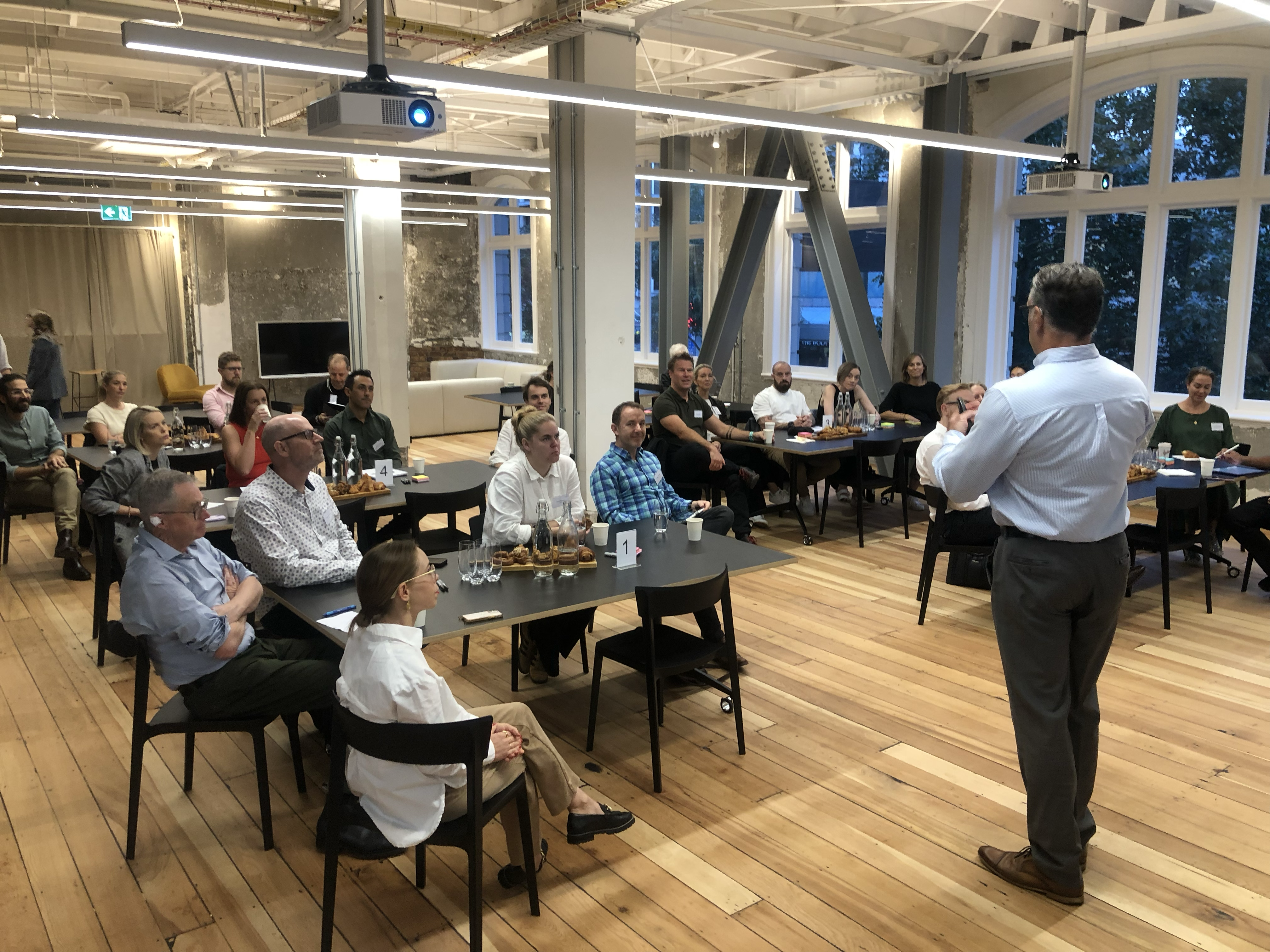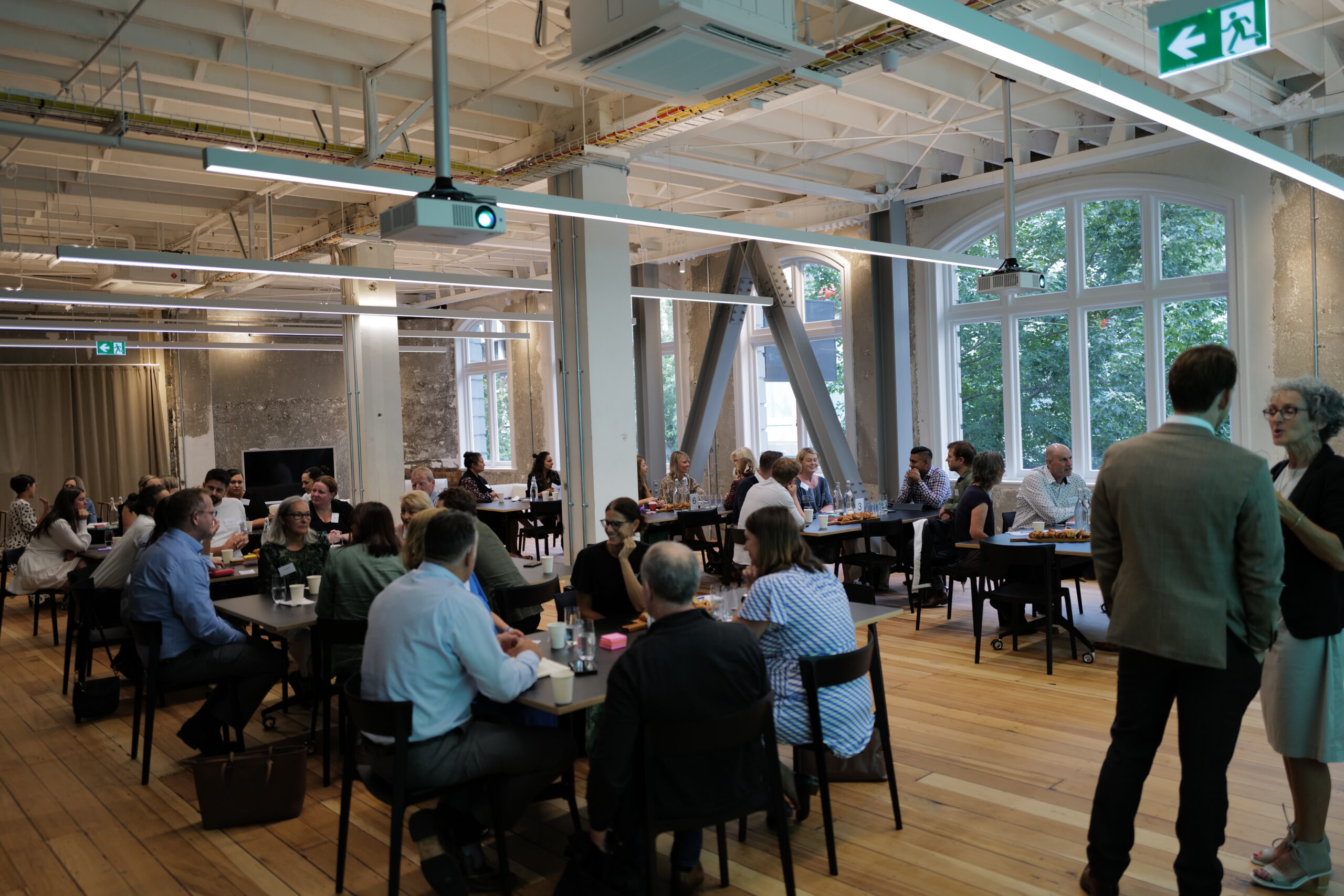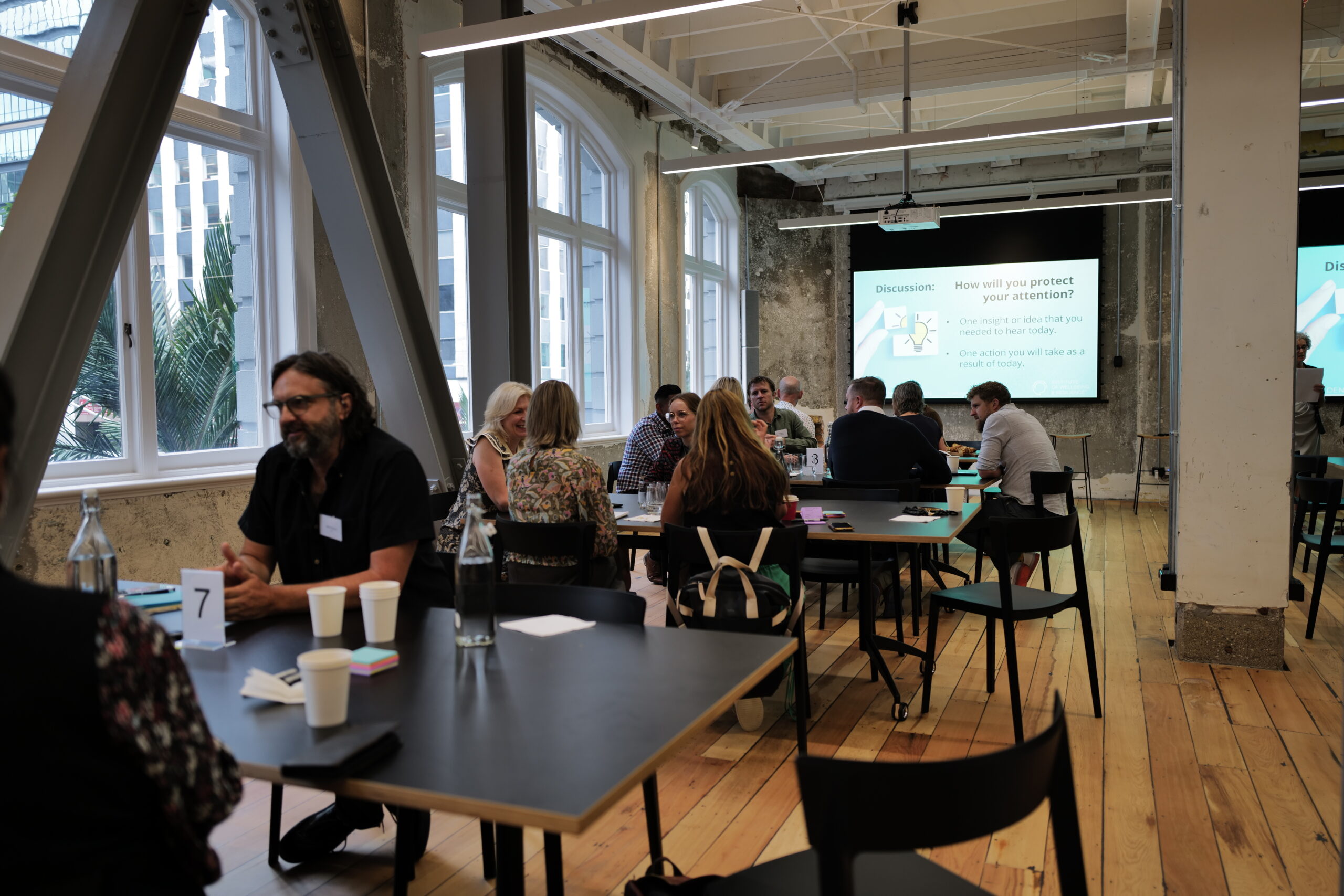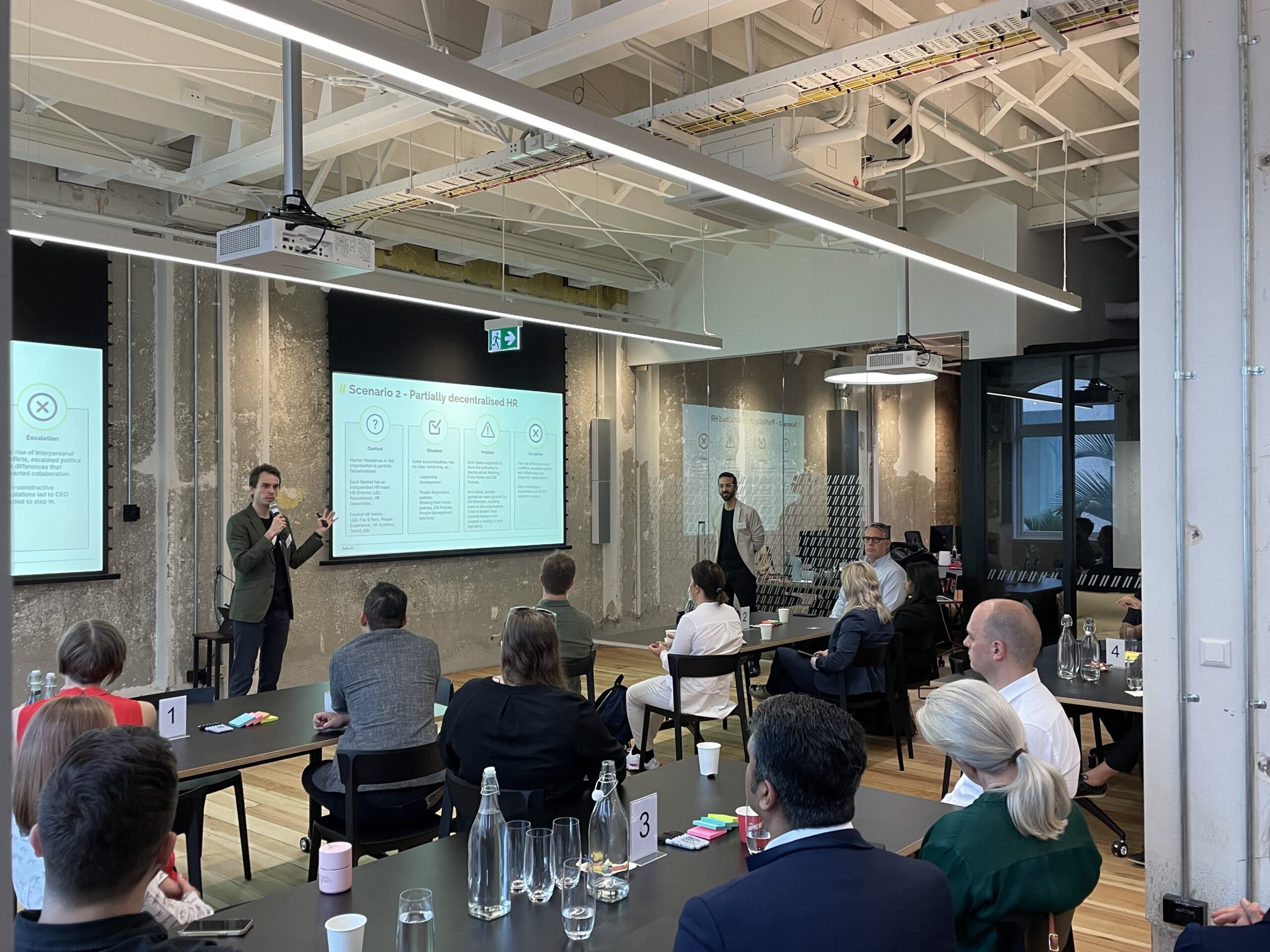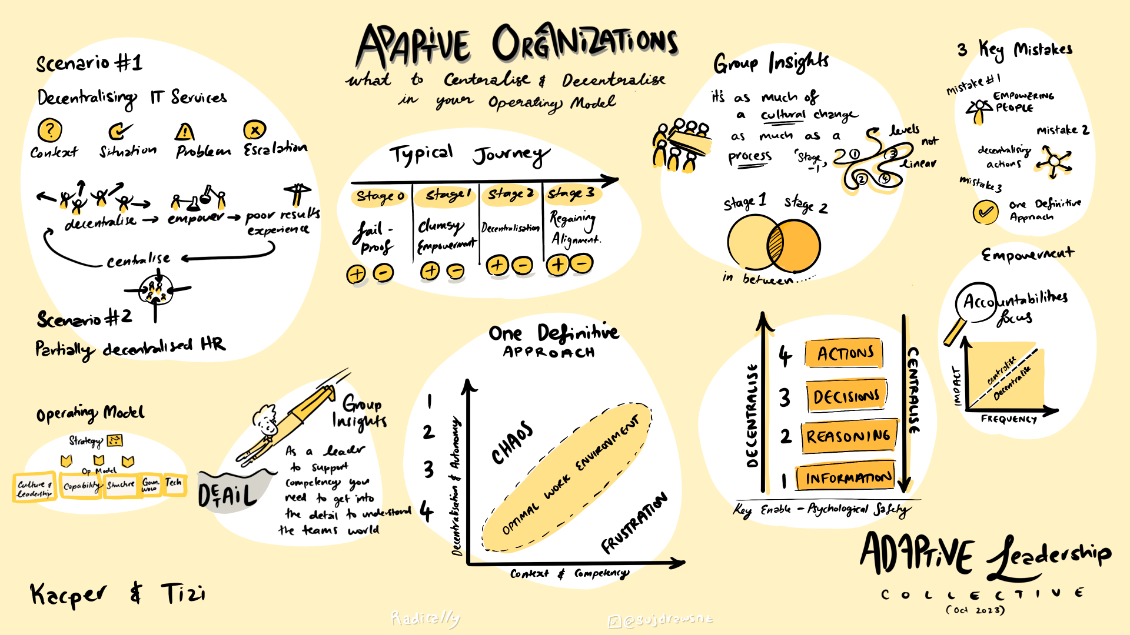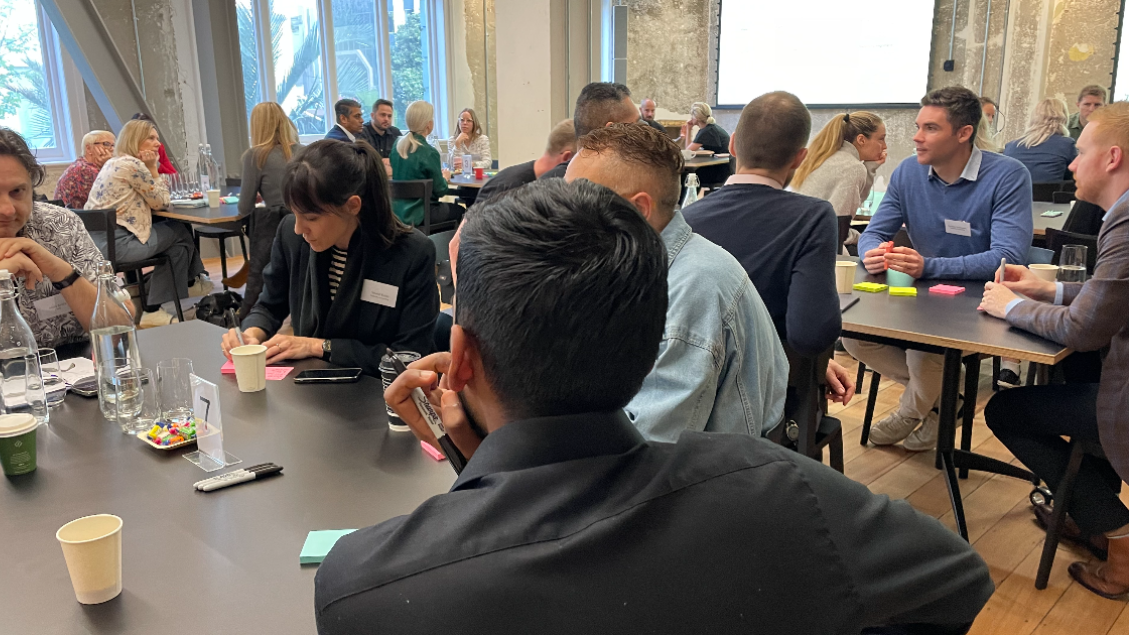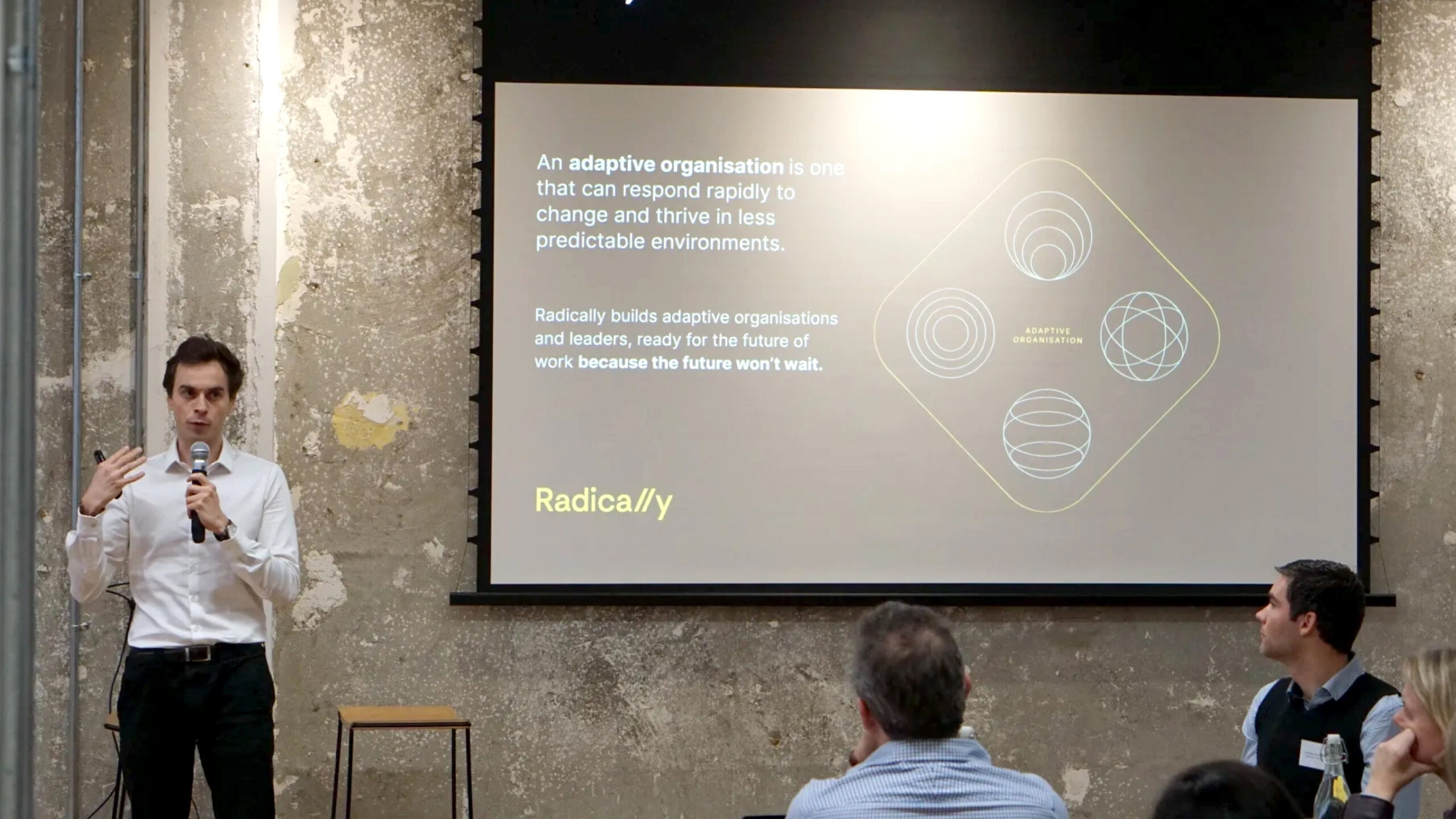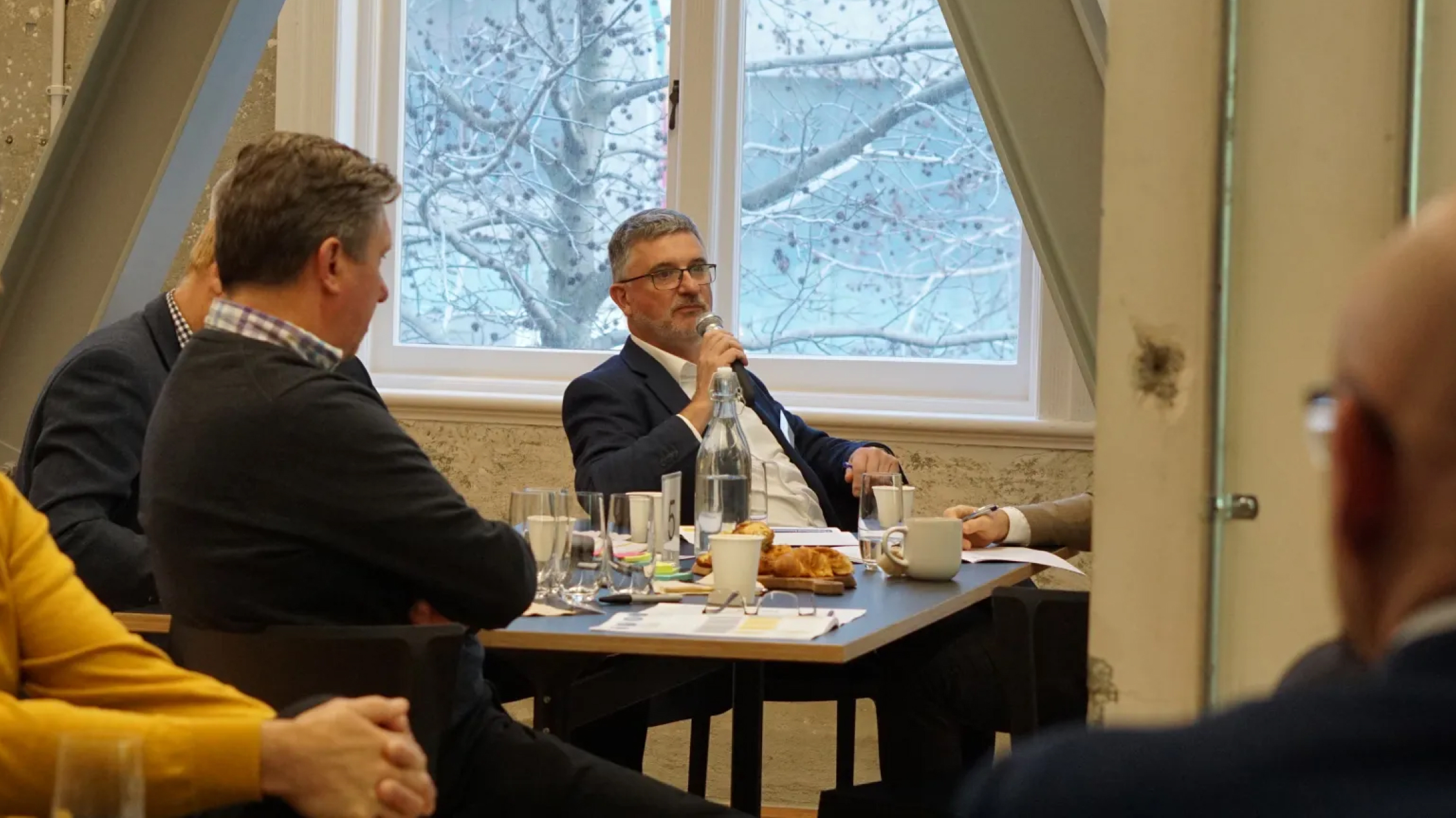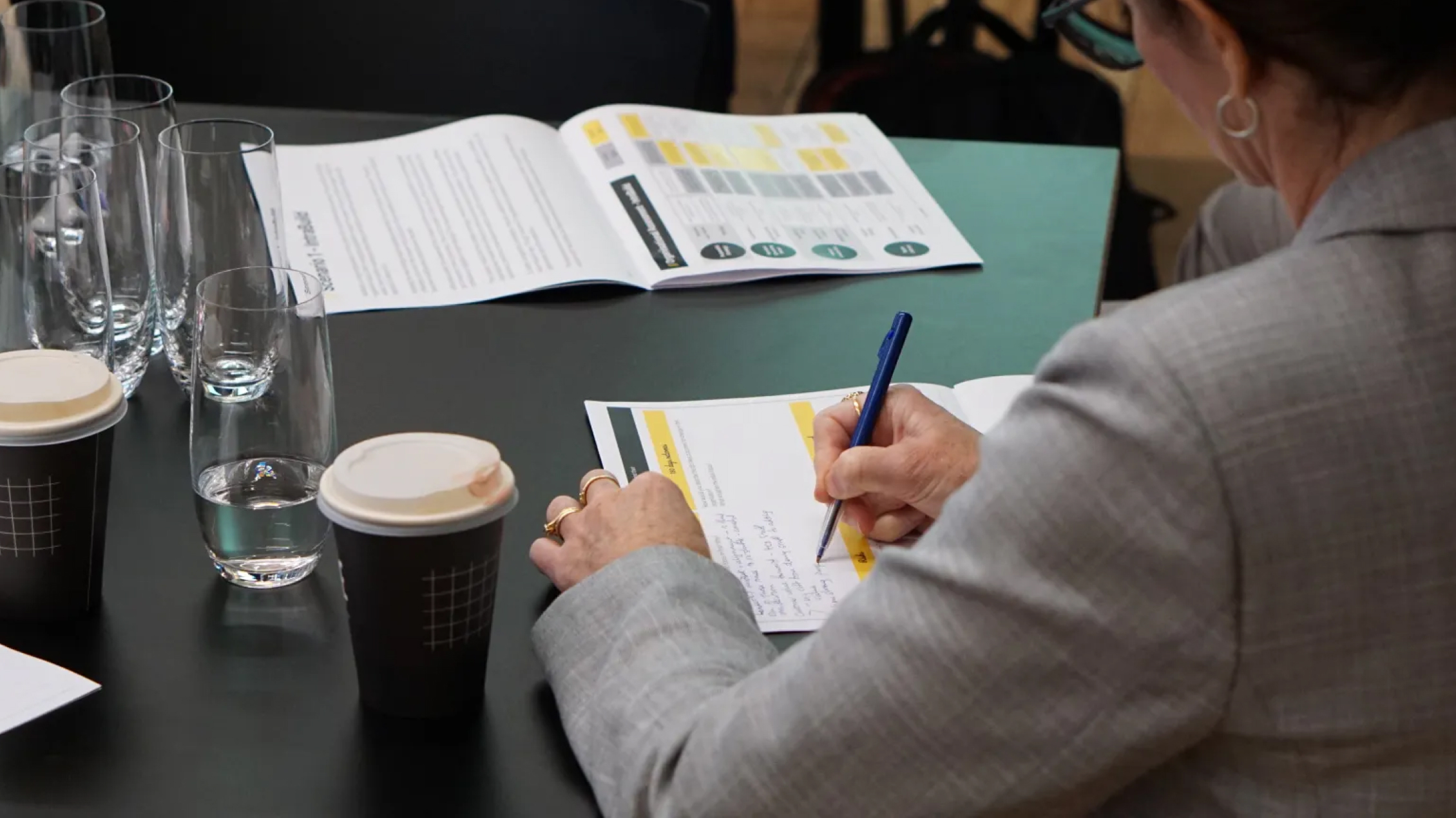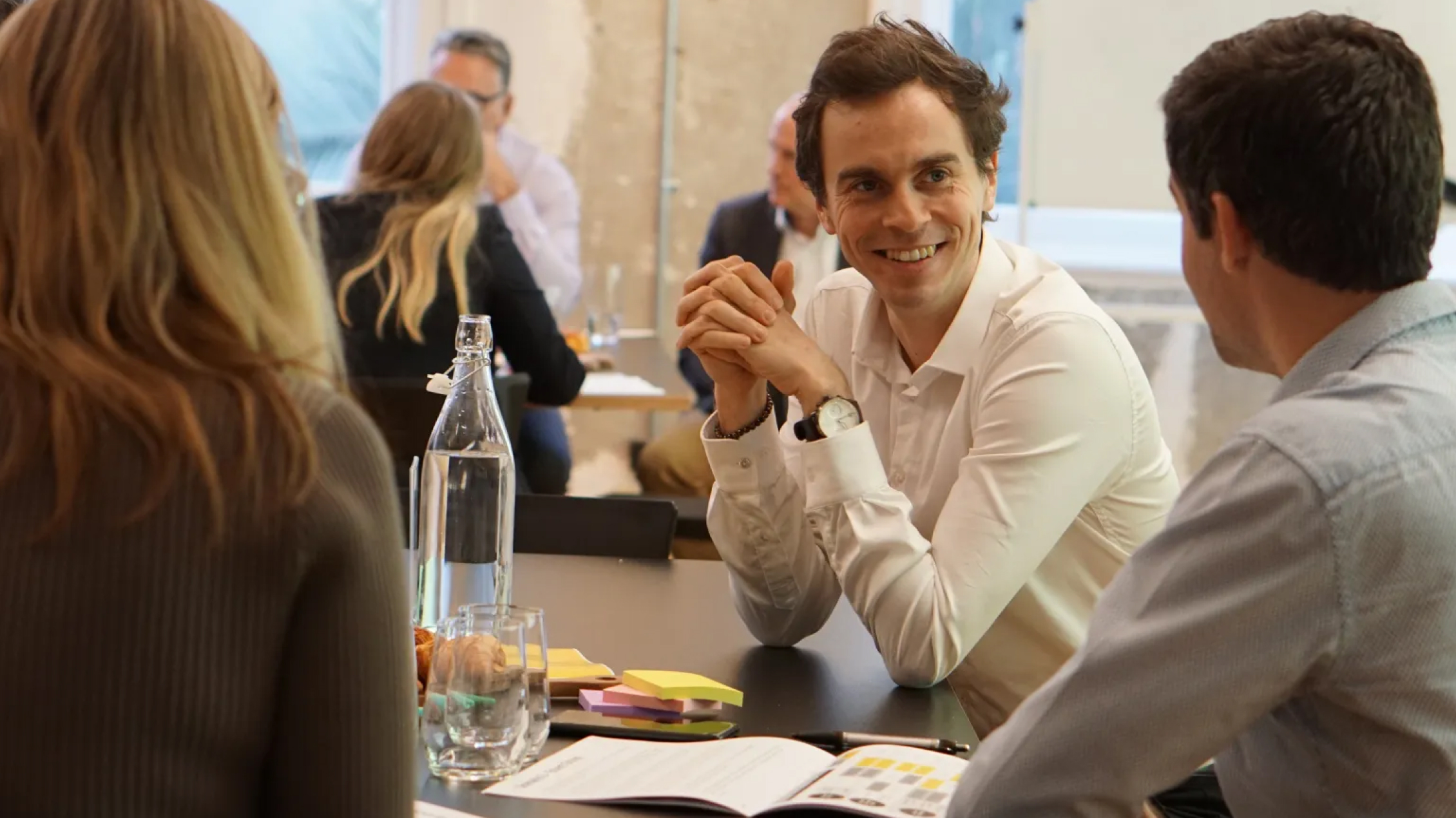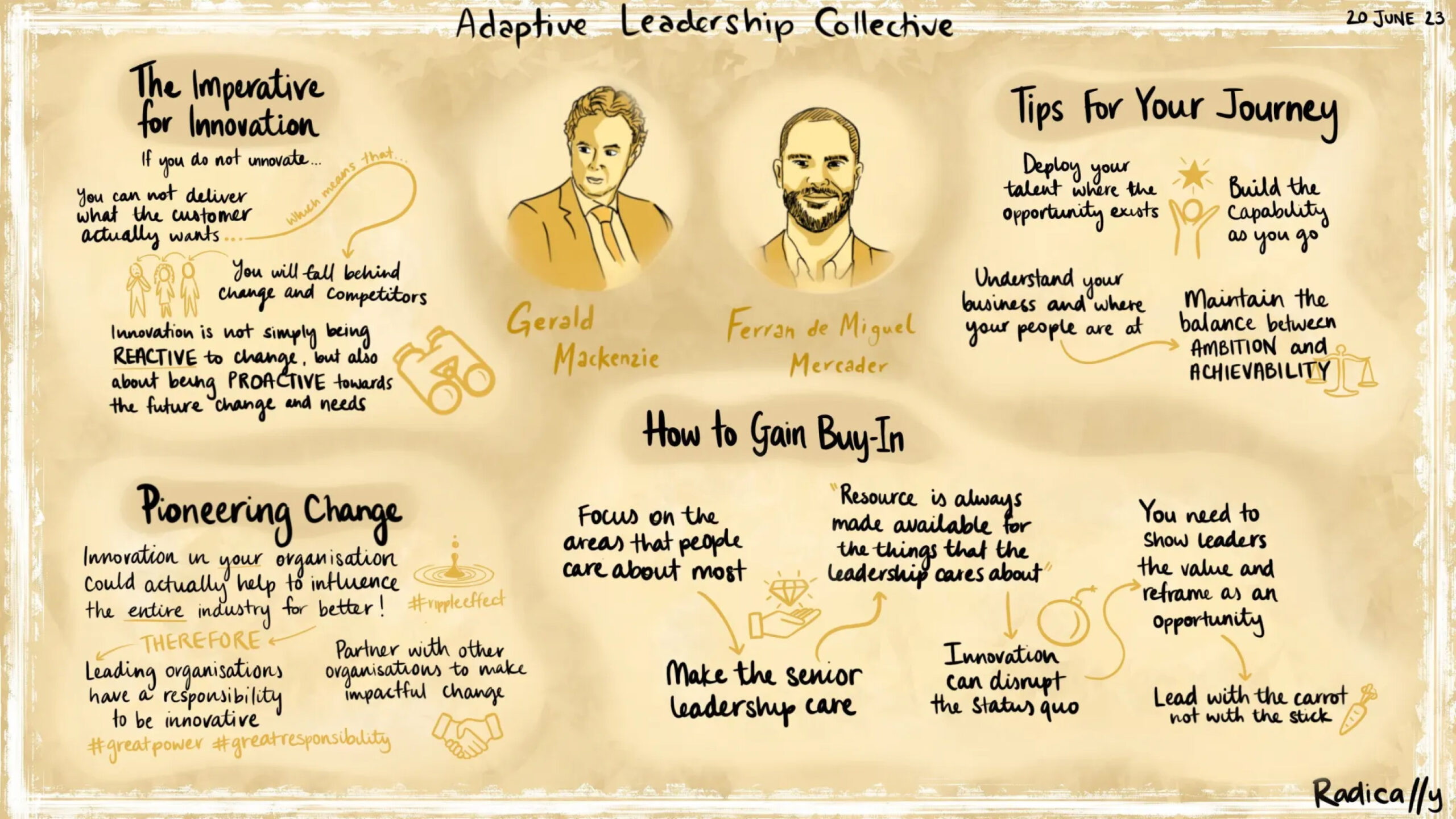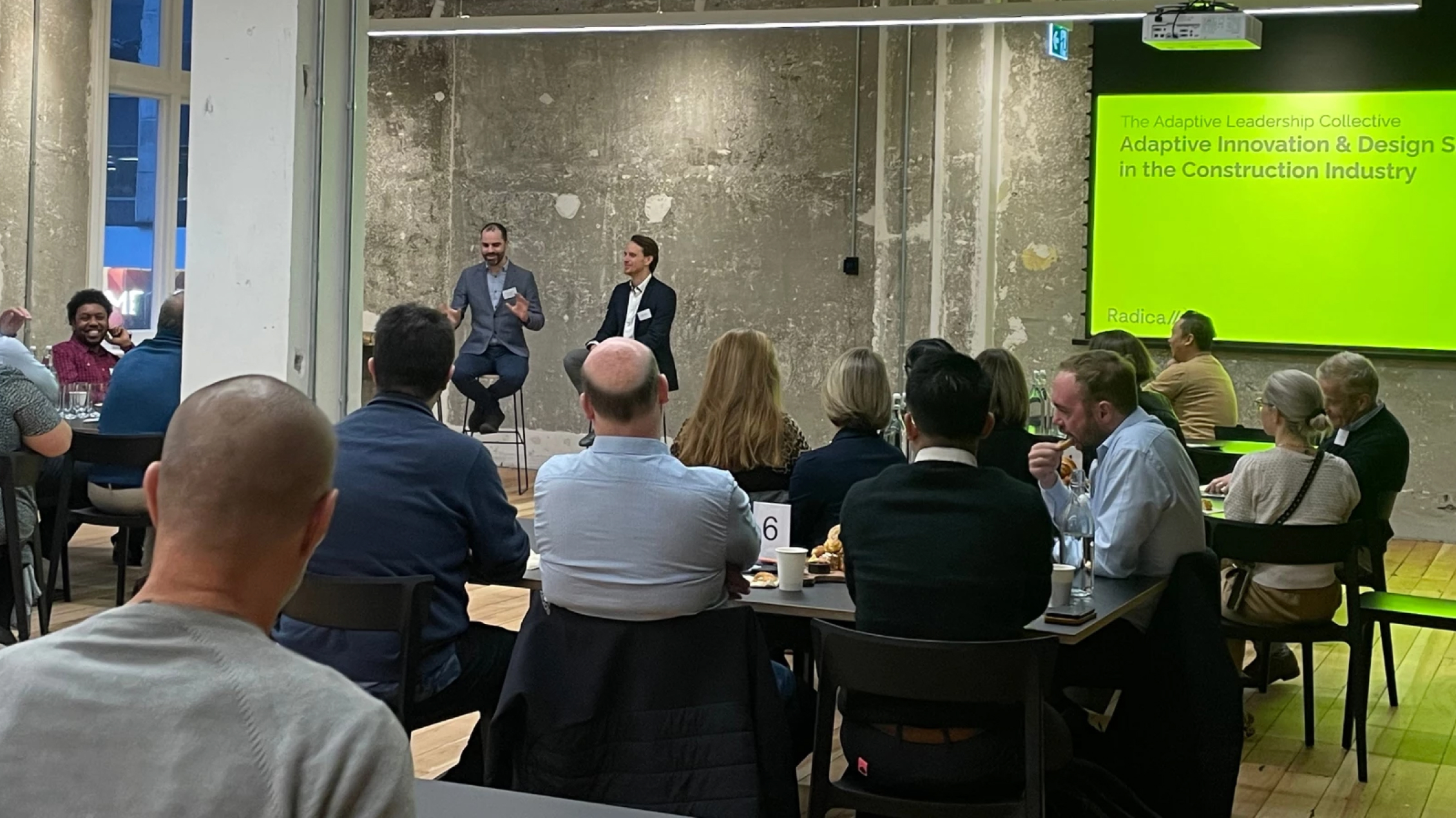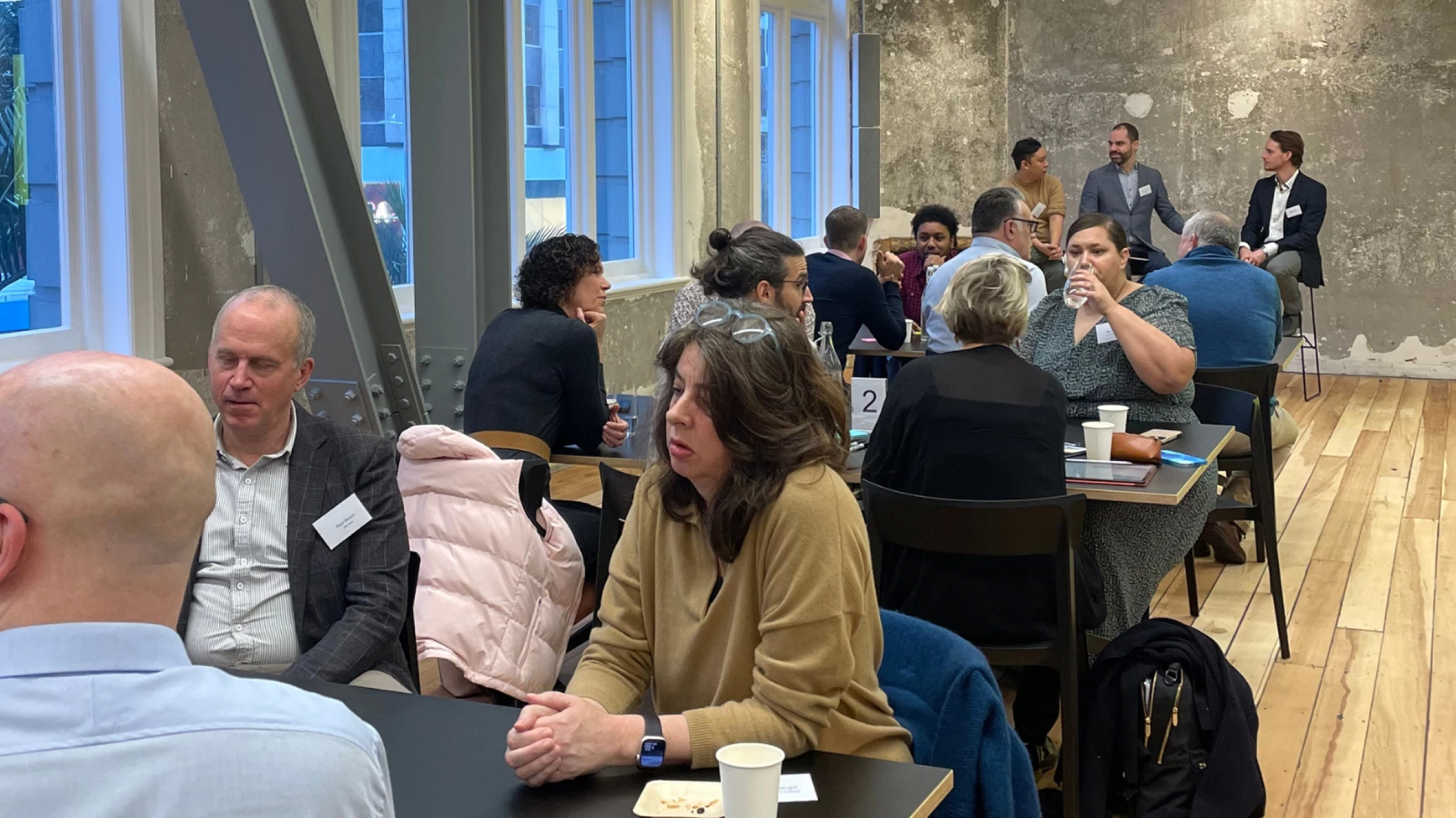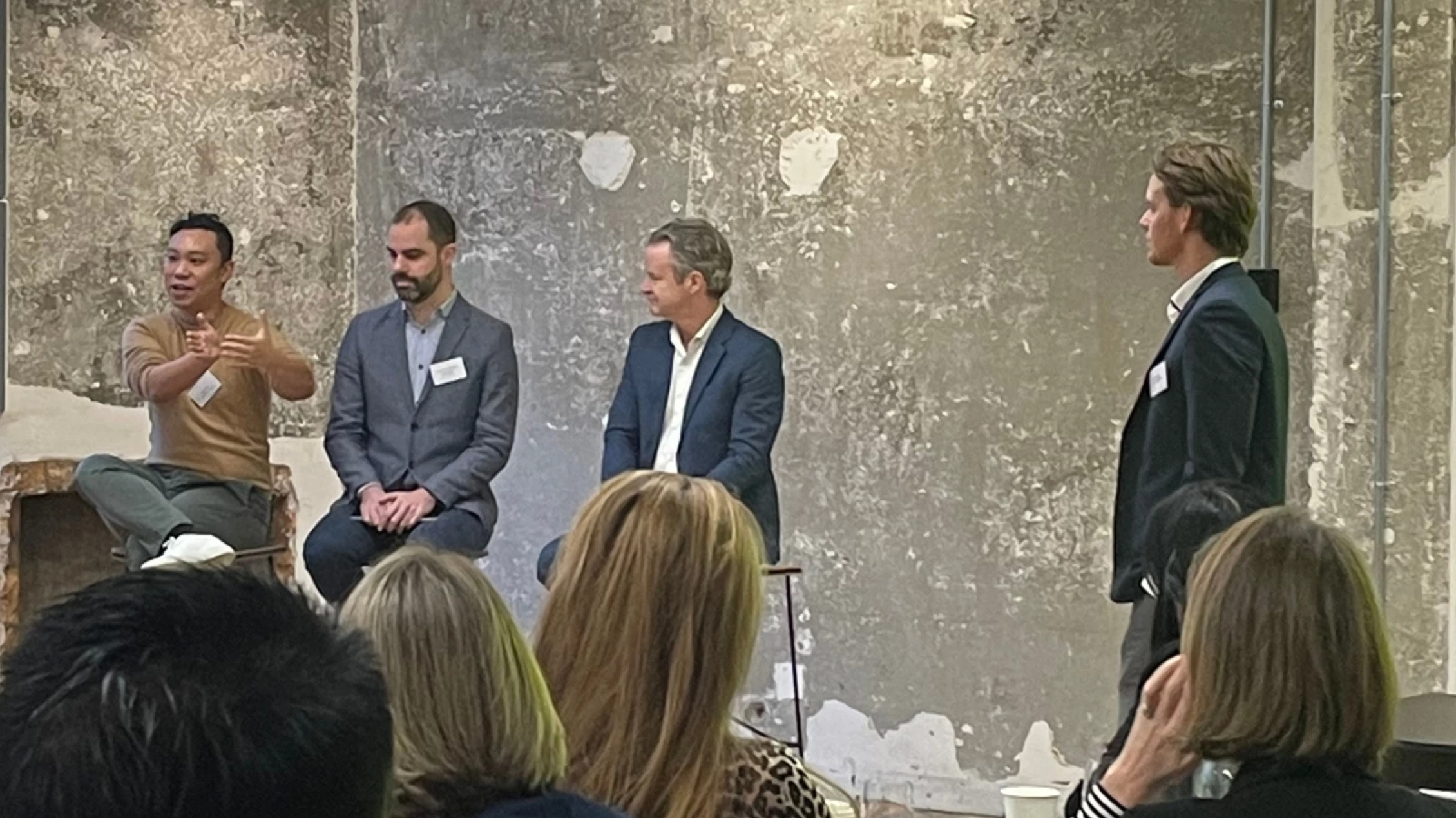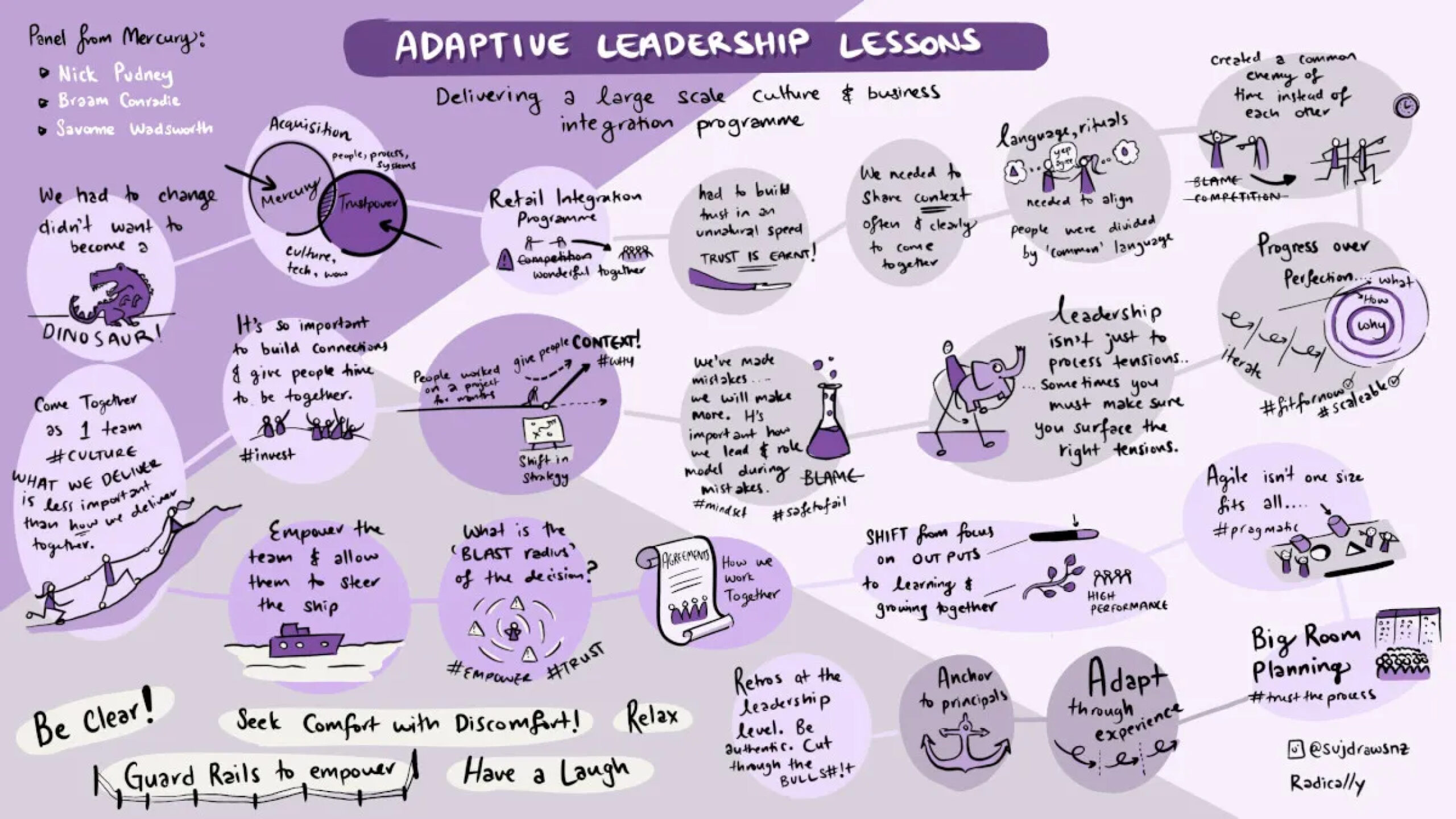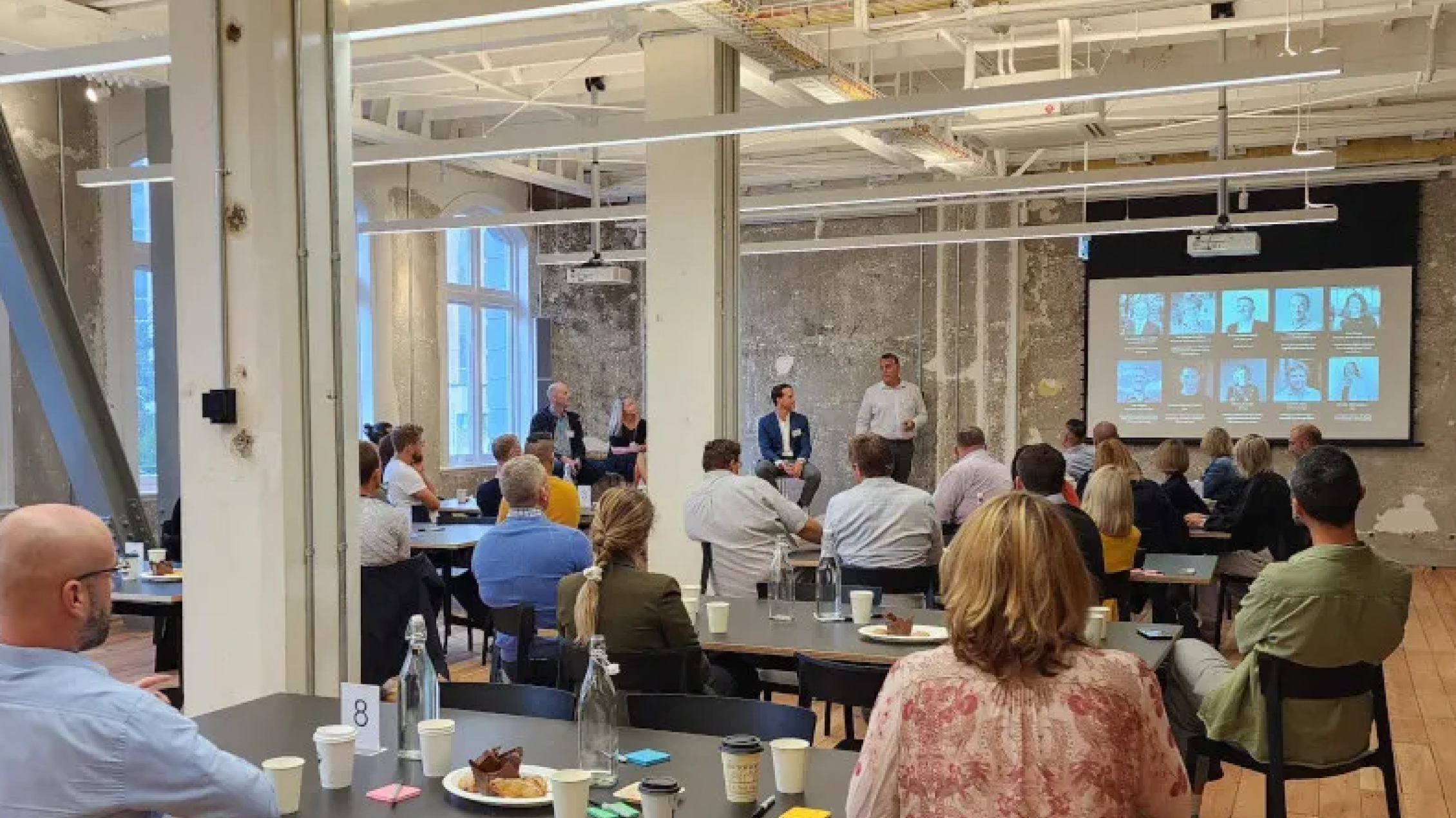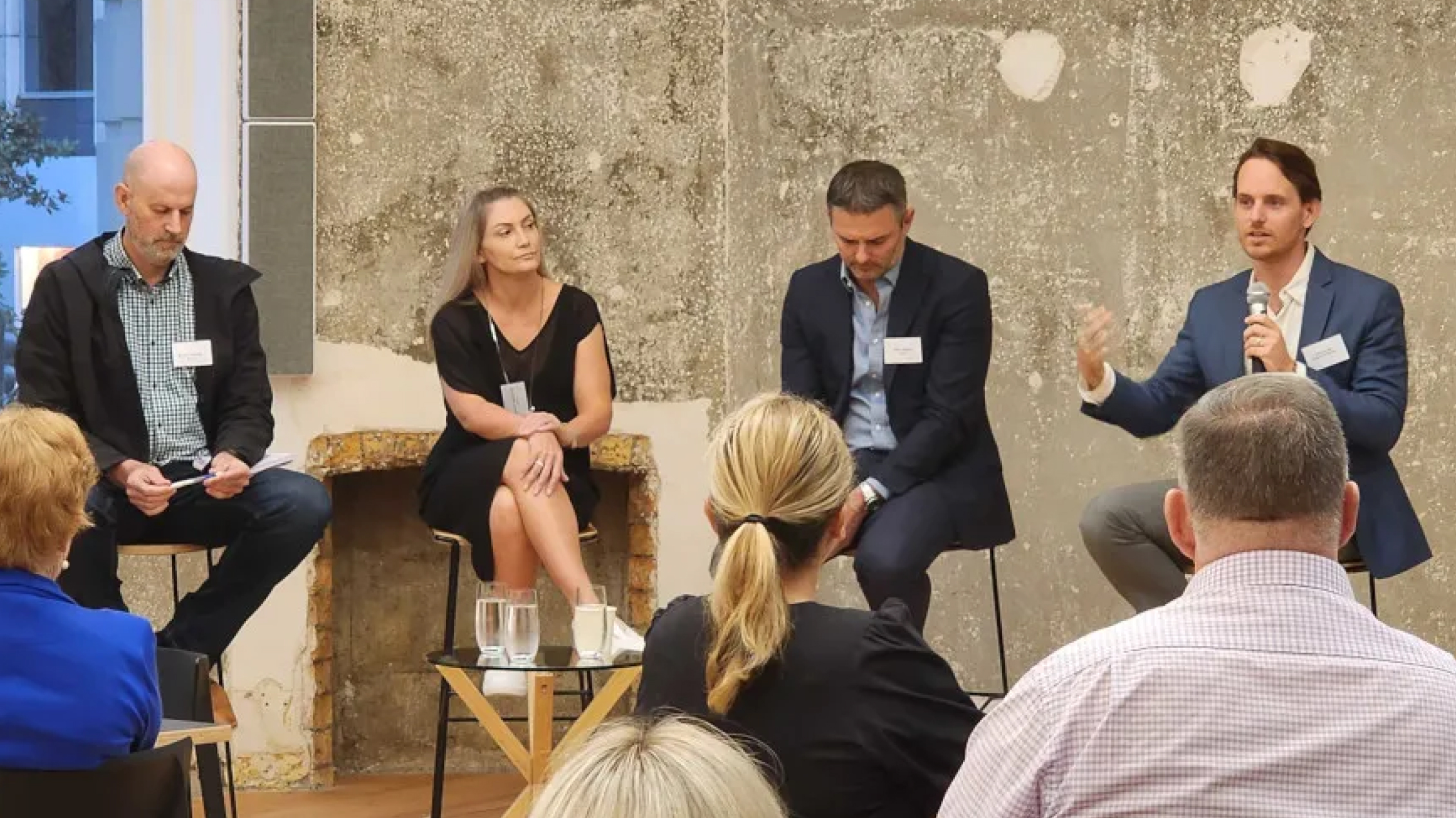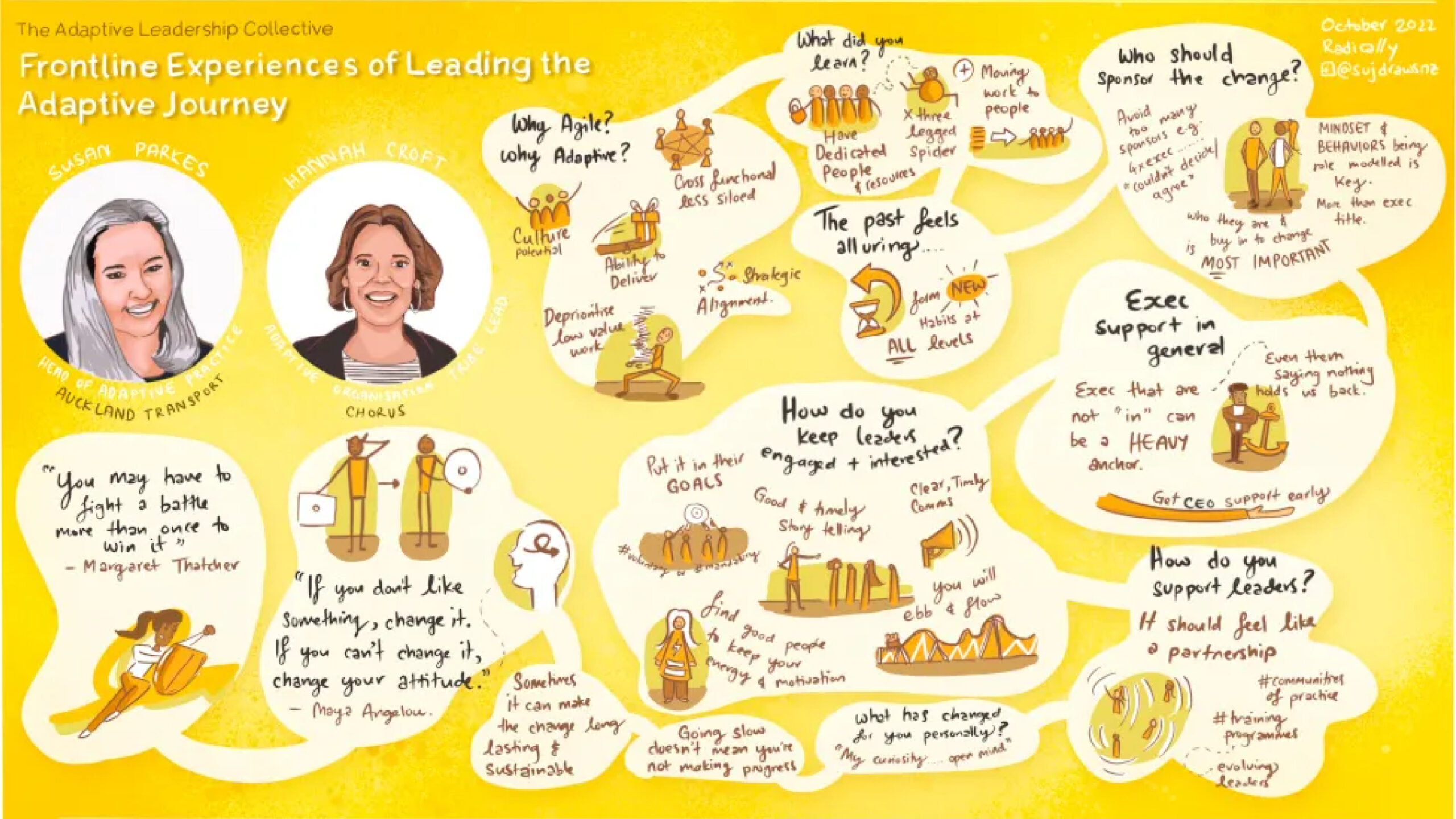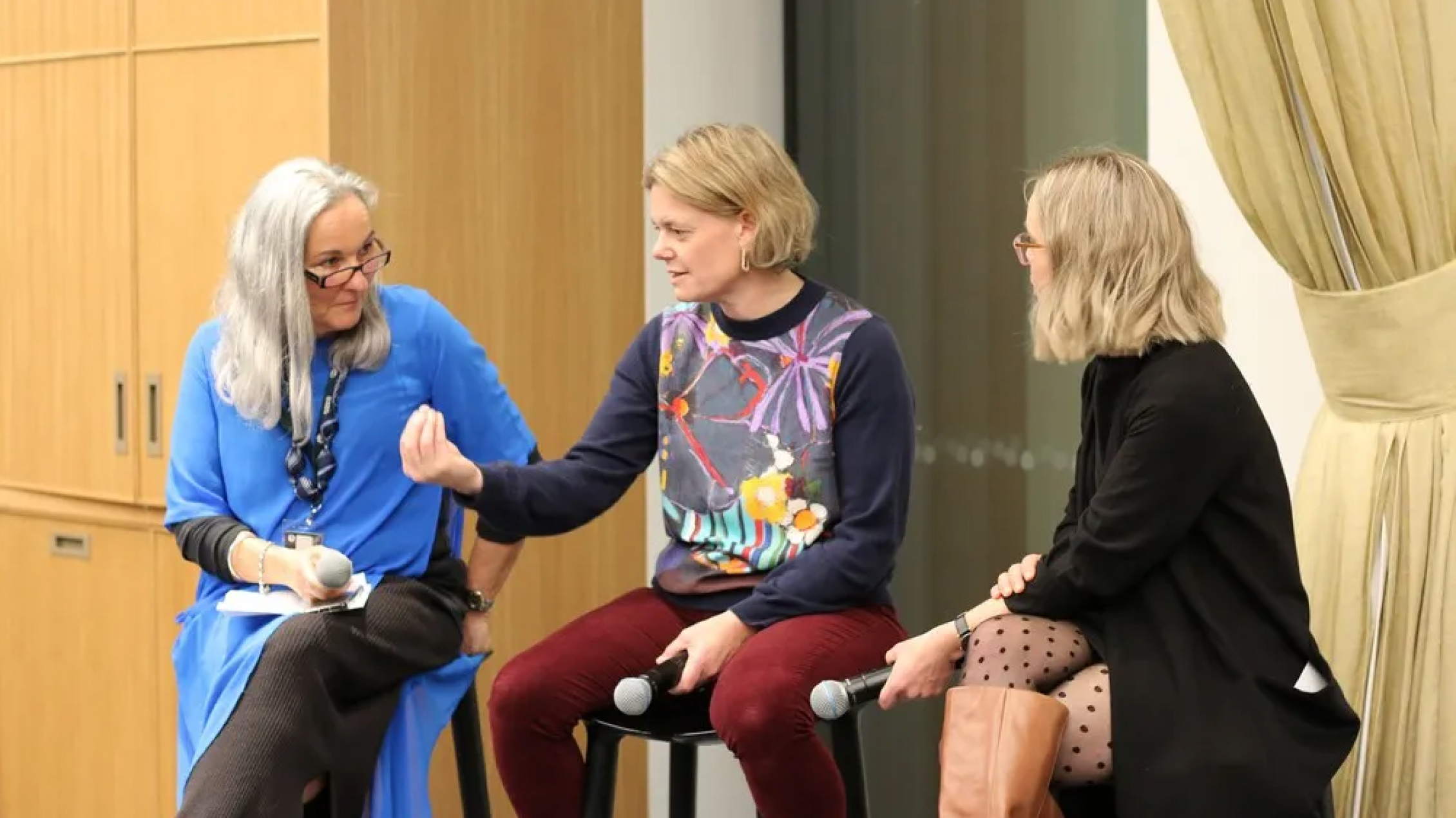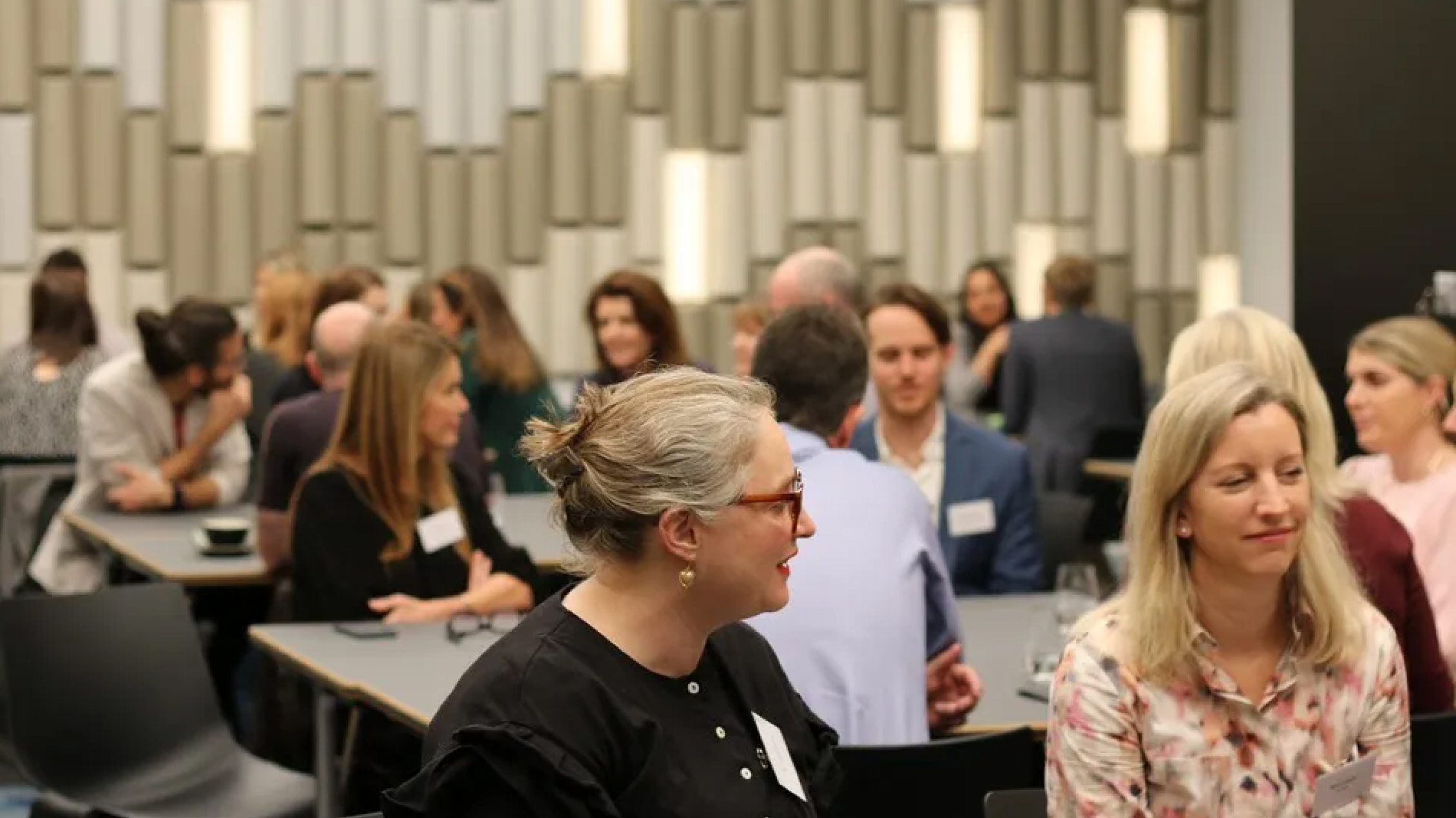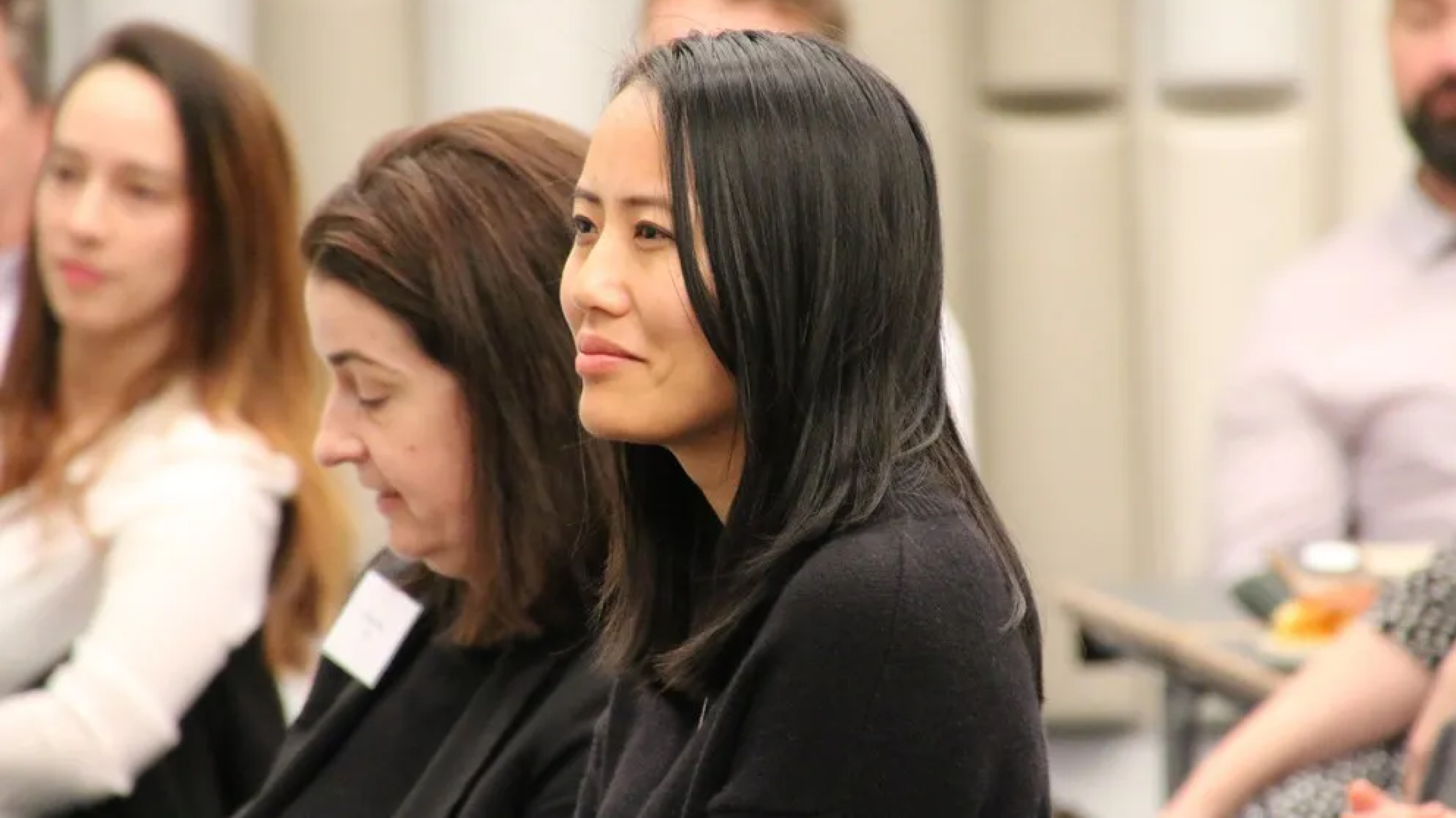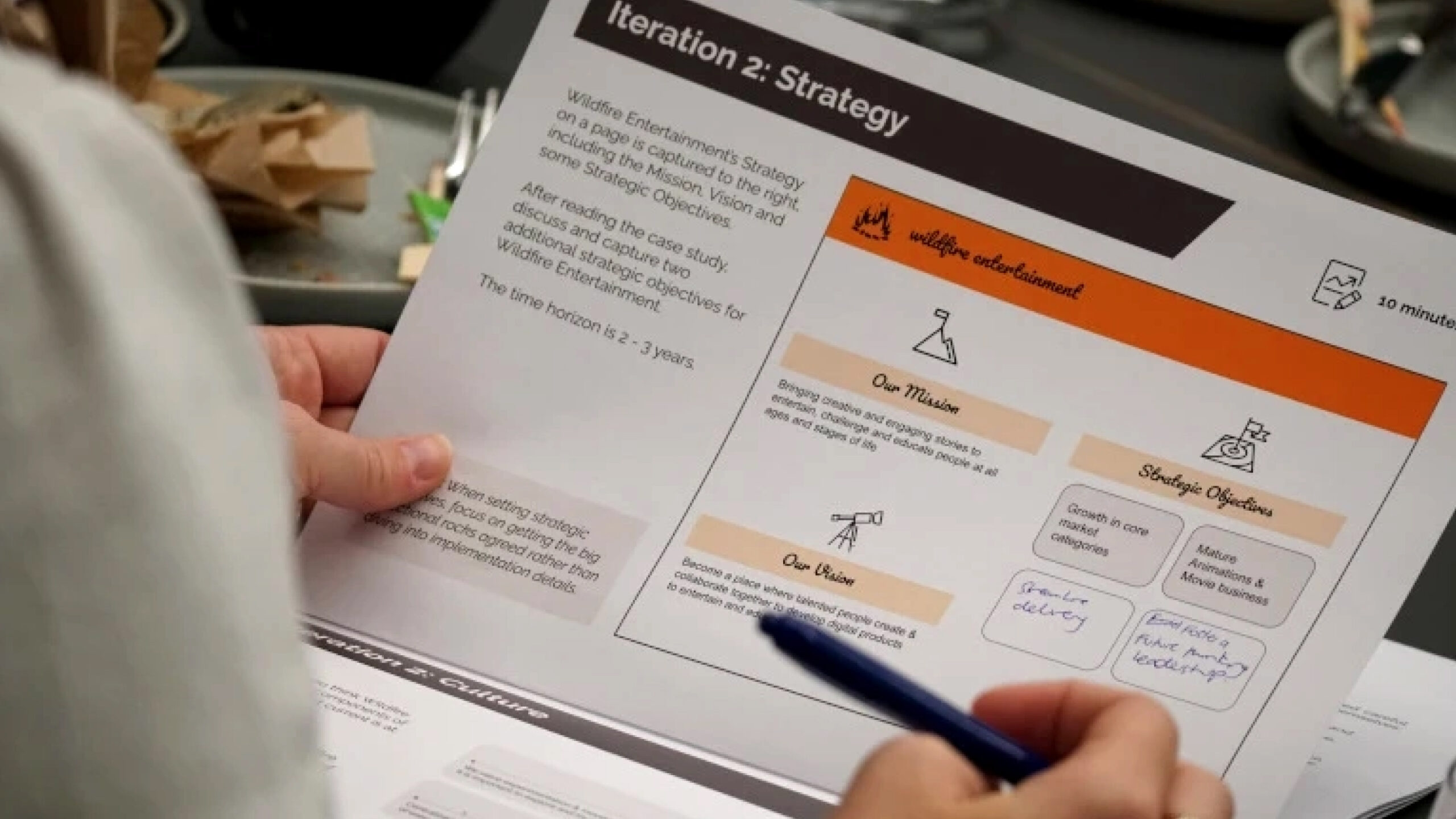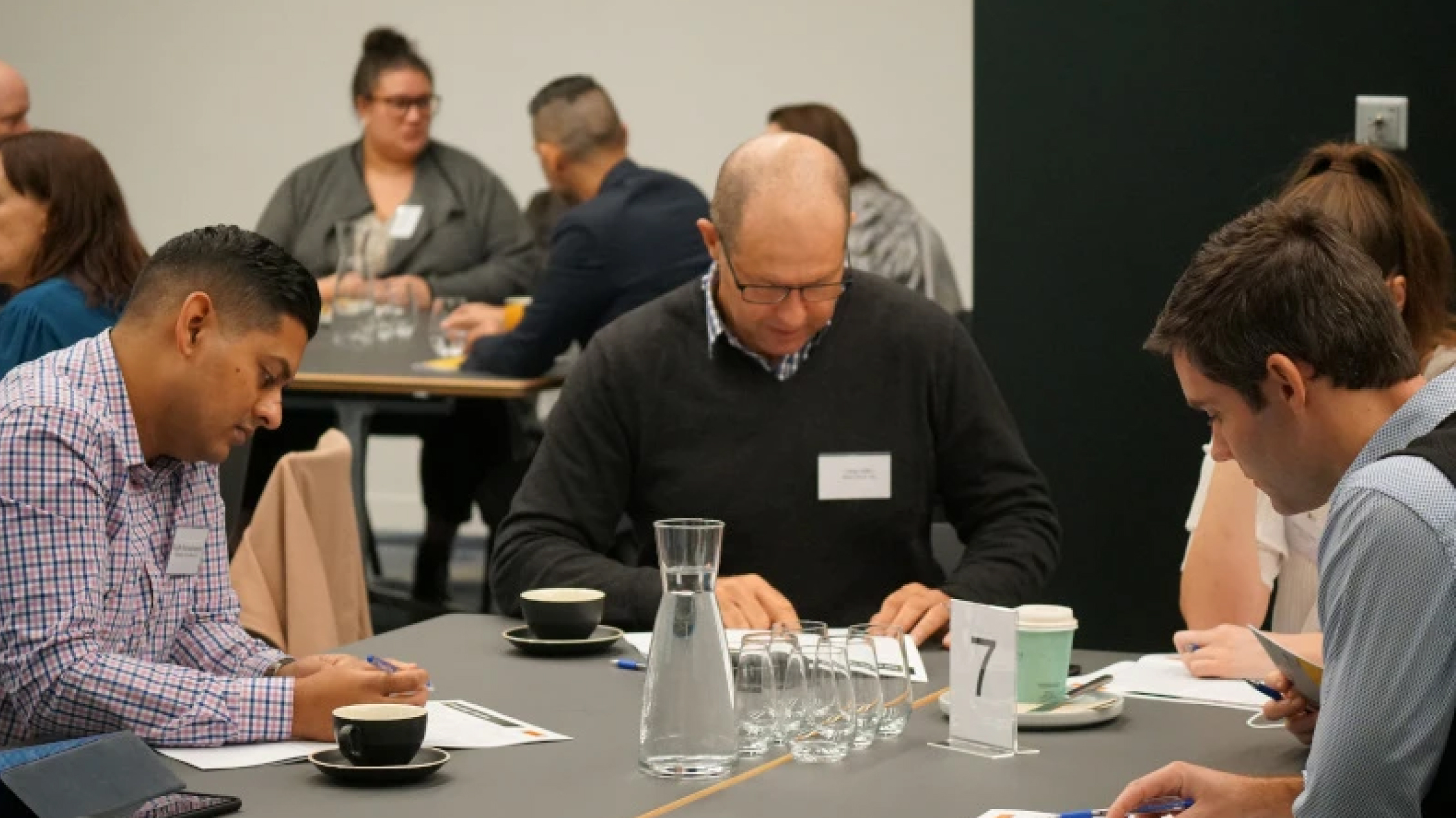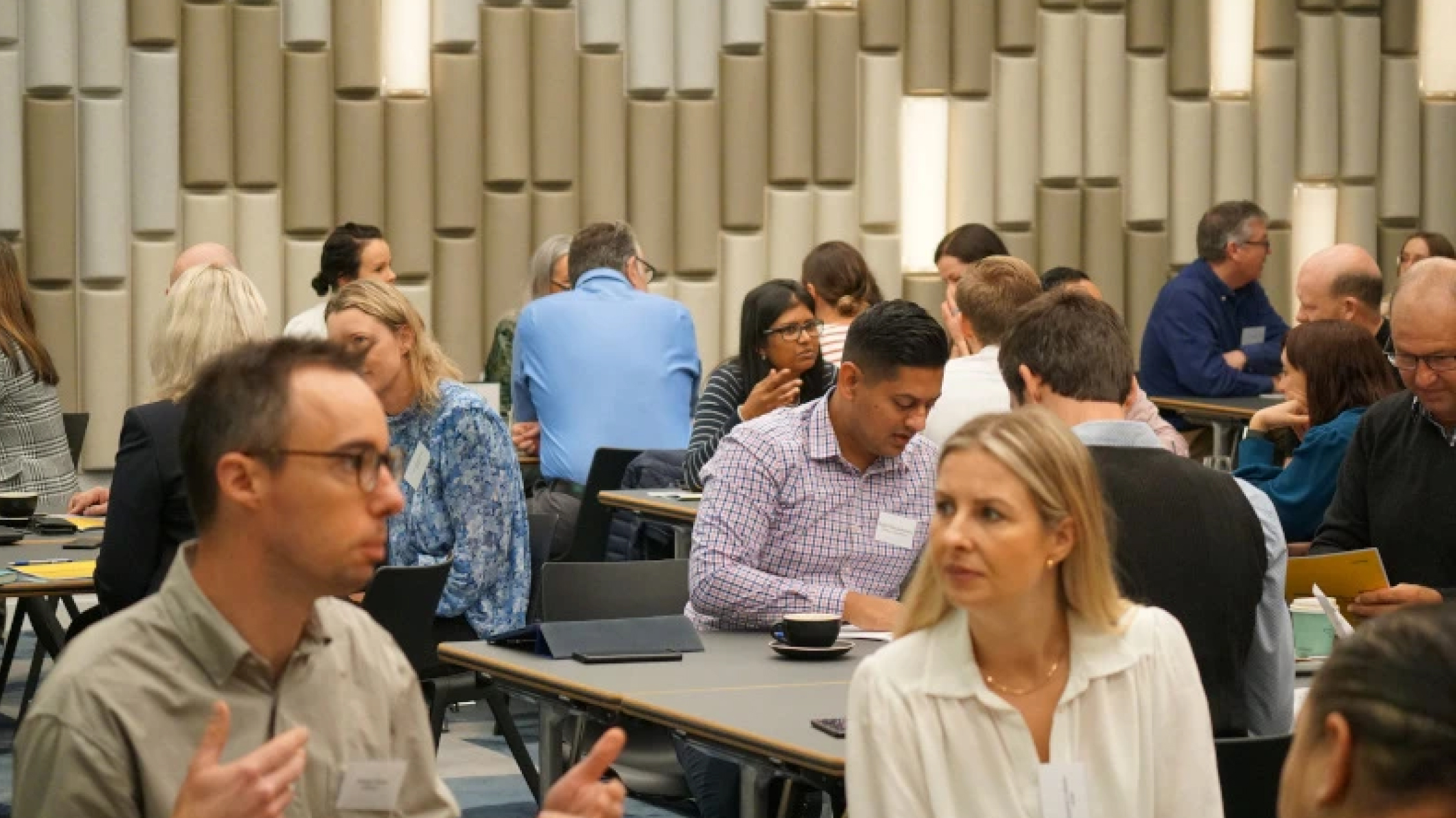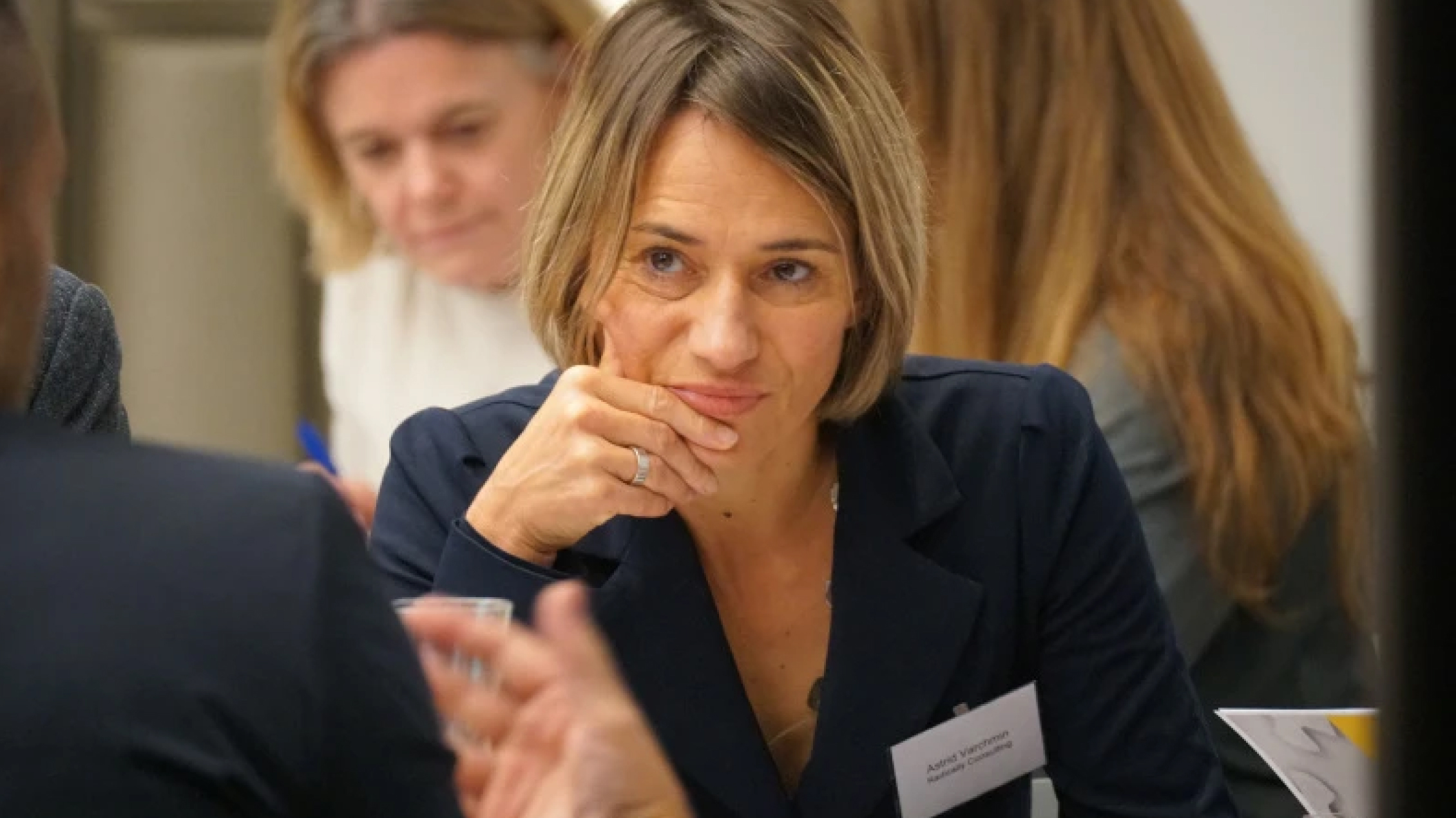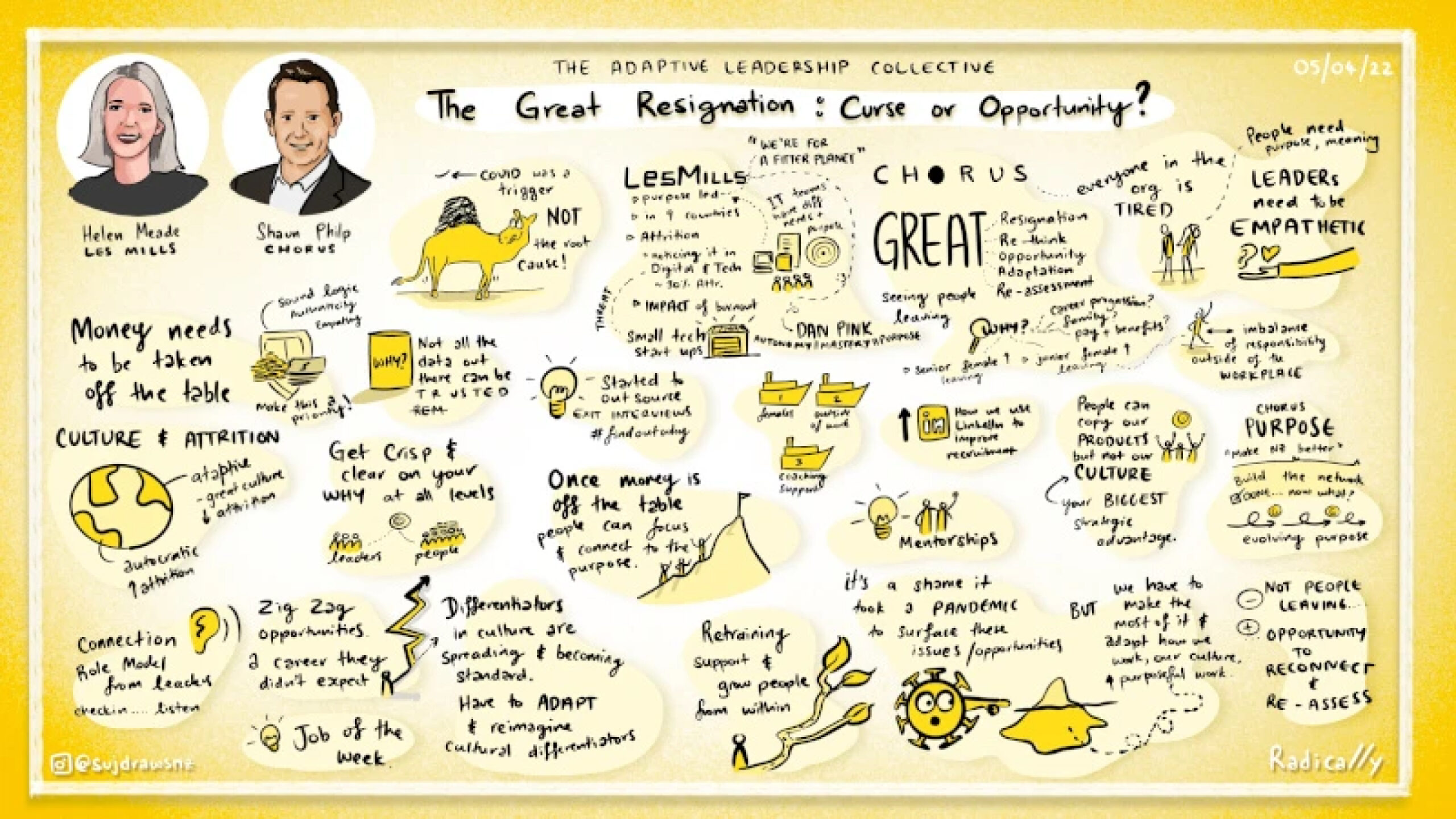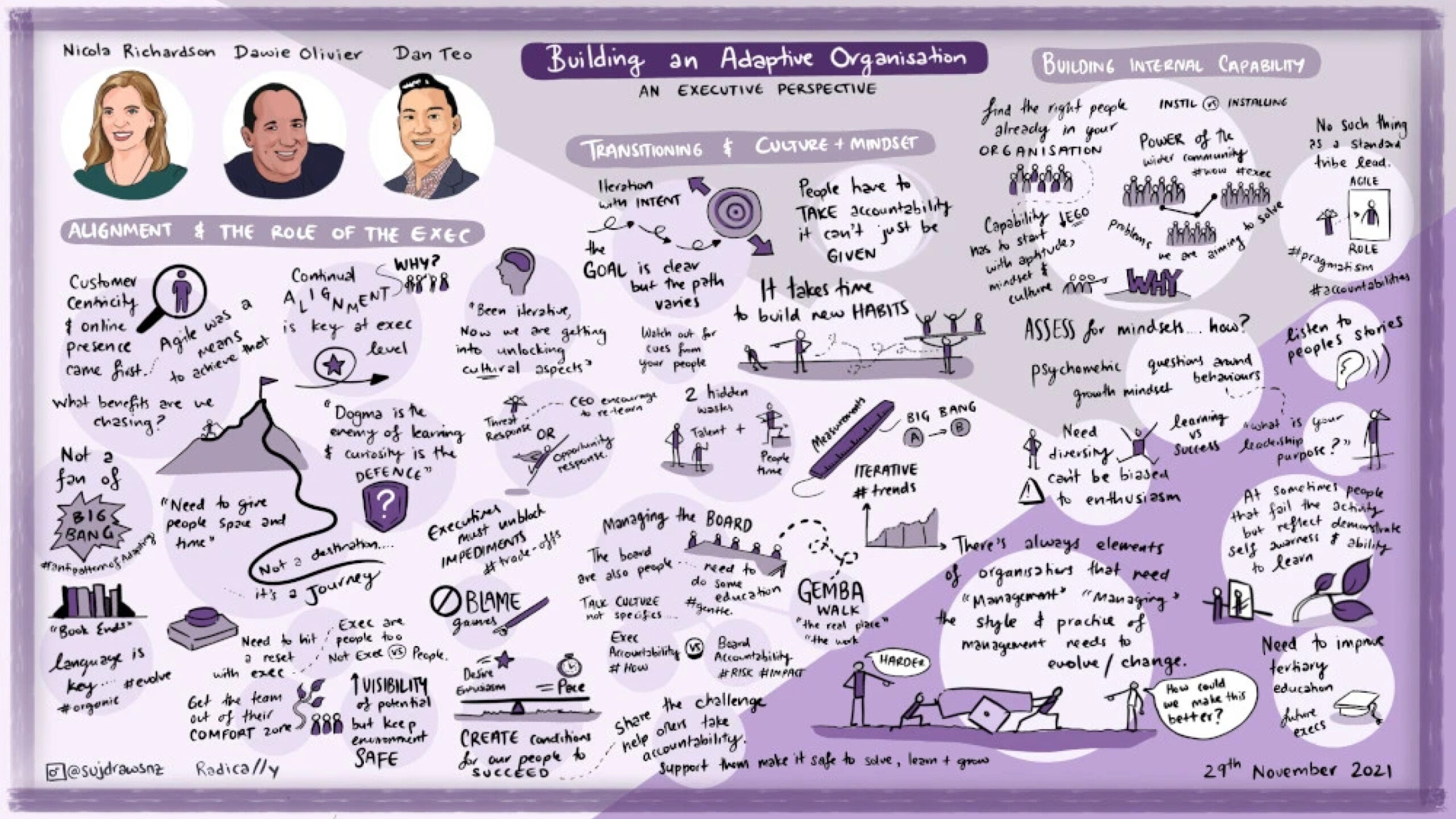Our panel was:
Nicola Richardson – Executive General Manager People & Culture. Nicola Richardson is responsible for the people and culture focus of Genesis, including recruitment, talent development, cultural change, Agile, property and procurement. Nicola’s leadership focuses on creating a high-performing and thriving culture that embraces empowerment, inclusion and wellbeing. Nicola has a passion for preparing for the future leading organisations to be adaptive to remain relevant.
Dawie Olivier – Chief Technology Officer at Jarden Group and former GM of Enterprise Transformation at Westpac. Dawie is well-known to many NZ audiences for leading the design and implementation of new agile-and lean-based working across Westpac. Dawie has global experience guiding firms through the critical elements required for success and will share his key insights learned to date.
We started out by discussing the role of the executive in building an adaptive organisation. Nicola shared how Genesis’decision to adopt agile ways of working was driven out of the desire to be more customer-centric by improving product development and online presence. From across the executive, they didn’t need to speak about the practices – they just spoke about the desired outcomes. The focus was on leadership and sponsorship on where they wanted to go. So to start with, Genesis didn’t discuss being adaptive, but the executive is talking about it now and strongly aligned around it.
Dawie shared how it isn’t about agile or lean – it is about the new place you want to go and how you want that to feel when you get there. It is all about having a clear purpose! Give me a mountain to climb and a great reason to climb it then I’ll be there all day long.
We then discussed the role of the CEO in building an adaptive organisation. Watch the recording below for all the details:
